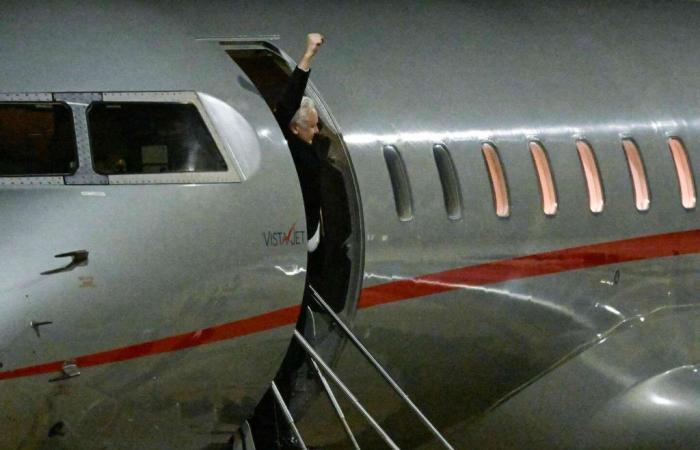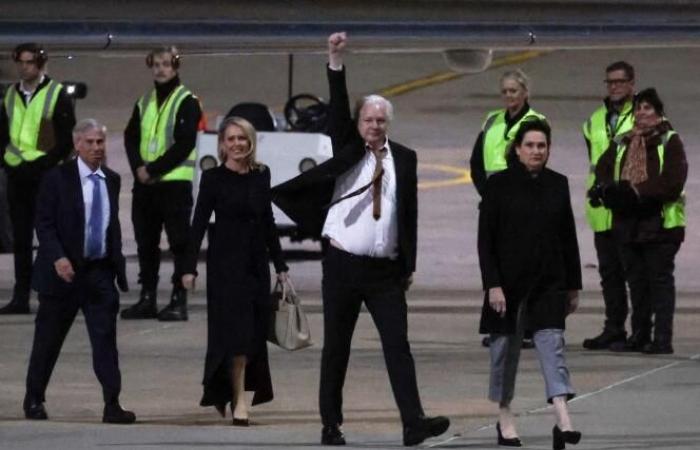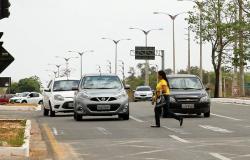When, on the morning of Wednesday June 26, Julian Assange appeared before the federal court in Saipan, in the Northern Mariana Islands, an American territory in the Pacific where he must plead guilty to “conspiracy to obtain and disclose national defense information” following an agreement made with the American justice system, he is flanked by Kevin Rudd, former Australian Prime Minister and current ambassador to Washington. Stephen Smith, Australian High Commissioner to the United Kingdom, has also accompanied him since his release the day before from Belmarsh high security prison in London. Canberra is counting on them to support the whistleblower in what must be the epilogue of a legal saga lasting almost fourteen years and to bring the country’s child home, in accordance with his wishes. At 7:40 p.m., Julian Assange landed as a free man at Canberra military airport.
The judge sentenced him to sixty-two months in prison, already covered by the five years served in pre-trial detention. Seeing him appear, fist raised as he got off the plane, his brother, Gabriel Shipton, interviewed live by the Australian channel ABC News, could not hold back his tears before popping a bottle of champagne.
With him, a whole country, who was able to follow each stage of his return journey from London live on the continuous news feeds of the major national media, breath to know he’s finally out of the woods. “I would like to thank the Australian people who made this possible, because without their support there would not have been the political space to secure Julian’s freedom”declares his wife, Stella Assange, very moved, during a press conference, in the lobby of the East Hotel in Canberra, where the Assange family is staying and in which dozens of journalists, activists and a handful of deputies in the greatest disorder.
“Extraordinarily cruel treatment”
Behind the speakers, who were not joined by the exhausted Julian Assange, screens display a QR code intended to participate in a donation drive to cover the cost of his return trip in a private jet. The 52-year-old whistleblower had not been authorized to take a commercial flight.
In Australia, the The support of his fellow citizens was initially that of a small circle of activists before gradually extending to a large majority of the population after the American administration, led by Donald Trump, used the Espionage Act – a law dating from 1917 and never before used against journalists – to indict, in 2019, the founder of WikiLeaks. Under this text, he faced up to 175 years in prison for having made public, from 2010, more than 700,000 confidential documents on the military and diplomatic activities of the United States.
You have 52.77% of this article left to read. The rest is reserved for subscribers.







